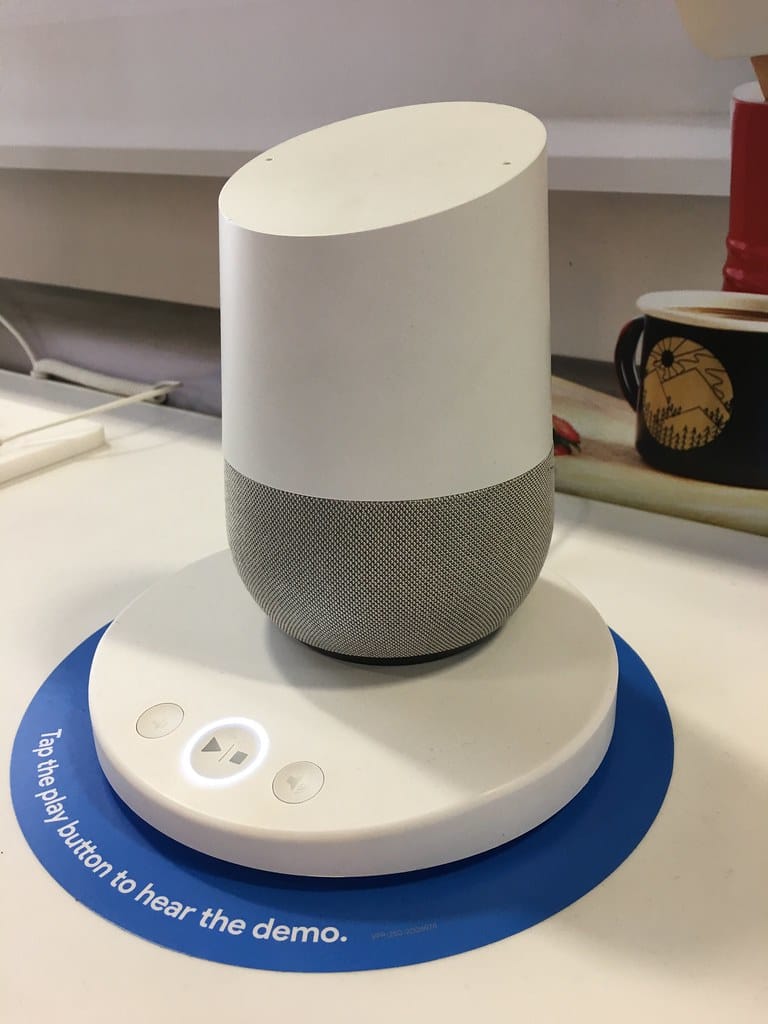UK Watchdog Puts Smart Home Devices on Notice Over Privacy Violations
Britain's data protection authority has fired a warning shot across the bow of smart device manufacturers, demanding they stop the invasive collection of personal data from everyday household items ranging from televisions to kitchen appliances.
The Information Commissioner's Office (ICO) has launched an unprecedented crackdown on the rapidly expanding smart home industry, targeting companies that manufacture internet-connected devices like smart TVs, voice assistants, and even internet-enabled air fryers. The regulatory action comes as millions of British households unknowingly surrender intimate details of their daily lives to tech companies through devices they believed were simply making their homes more convenient.
The Scope of the Problem
The ICO's investigation has uncovered alarming practices across the smart device ecosystem. Smart TVs are harvesting viewing habits, conversation snippets, and even biometric data through built-in cameras and microphones. Voice-activated speakers are recording conversations beyond their wake words, while smart kitchen appliances are tracking cooking patterns, meal times, and household routines.
Perhaps most concerning is the revelation that many of these devices are collecting far more data than necessary for their primary functions. An internet-connected air fryer, for instance, has no legitimate need to access users' contact lists or location data, yet many such devices request these permissions during setup.
"We're seeing a gold rush mentality where manufacturers are grabbing every piece of data they can get their hands on, regardless of whether it's needed for the device to work," said a senior ICO official familiar with the investigation.
Enforcement Actions and Industry Impact
The ICO has issued formal notices to several major manufacturers, demanding they overhaul their data collection practices within 90 days or face substantial fines. While the regulator has not named specific companies publicly, industry sources suggest the notices have been sent to both established tech giants and smaller manufacturers of niche smart home products.
Under the UK's data protection framework, companies can face fines of up to 4% of their global annual turnover for serious breaches. For major electronics manufacturers, this could translate to penalties worth hundreds of millions of pounds.
The crackdown is already having ripple effects across the industry. Several companies have quietly updated their privacy policies and device firmware to reduce data collection, while others are implementing new consent mechanisms that give users granular control over what information is shared.
What Data Is Being Collected?
The ICO's findings reveal the staggering breadth of data harvesting occurring in modern homes:
Smart TVs are capturing viewing habits, search queries, voice commands, and in some cases, images from built-in cameras ostensibly designed for video calls.
Voice assistants are storing conversations, building profiles of household members' voices, and tracking daily routines based on command patterns.
Connected kitchen appliances are monitoring cooking habits, meal timing, and energy usage patterns that can reveal when homes are occupied.
Smart thermostats and lighting systems are creating detailed maps of household occupancy and daily schedules.
Much of this data is being shared with third parties, including advertising networks and data brokers, often without users' explicit knowledge or meaningful consent.
Consumer Rights and Recommendations
The ICO is urging consumers to take immediate steps to protect their privacy. Key recommendations include:
- Review device permissions regularly and disable unnecessary data collection features
- Read privacy policies before installing smart home devices
- Use separate network segments for IoT devices to limit data access
- Consider the necessity of internet connectivity for each device purchase
The regulator is also developing new guidance for manufacturers, emphasizing "privacy by design" principles that would require companies to justify every piece of data they collect and ensure users have meaningful control over their information.
Looking Forward
This regulatory intervention marks a turning point in the relationship between consumers and the smart home industry. As the ICO's enforcement actions progress, we can expect to see significant changes in how these devices operate and what data they collect.
The message from regulators is clear: the era of unrestricted data harvesting by smart home devices is ending. Companies that fail to adapt to this new reality face not only substantial financial penalties but also the loss of consumer trust in an increasingly privacy-conscious market.
For consumers, this crackdown represents a victory for digital rights and privacy protection. However, it also serves as a reminder that vigilance remains essential when bringing internet-connected devices into our most private spaces.
